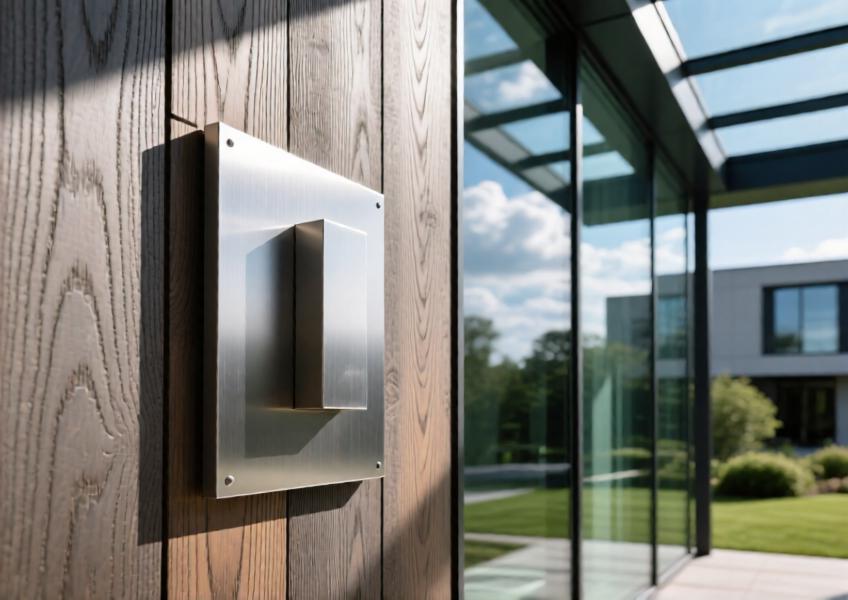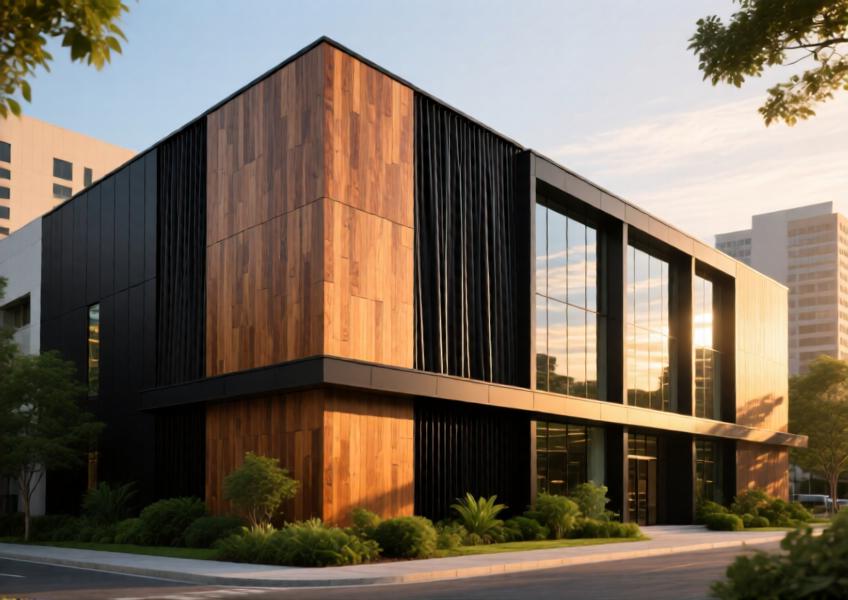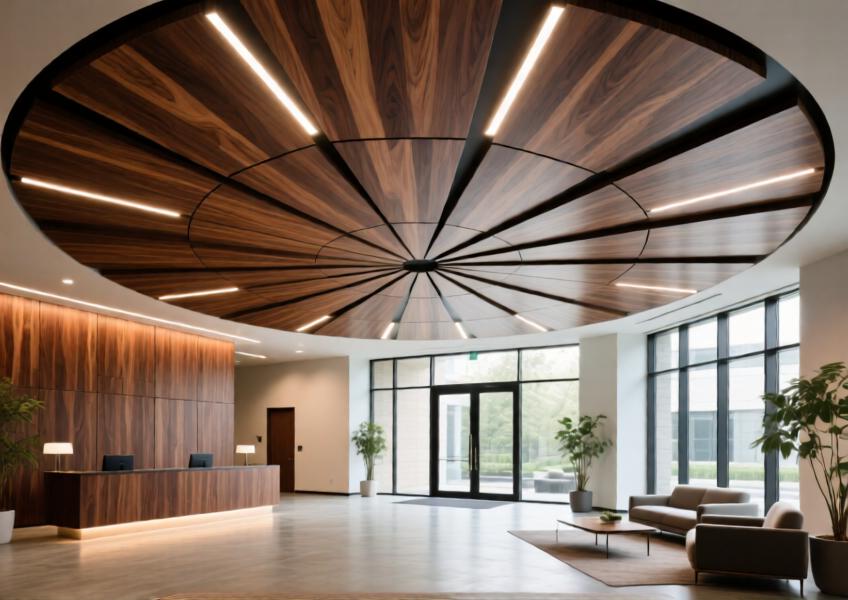

In the evolving world of architectural design, aesthetics and functionality are no longer mutually exclusive. Nowhere is this more evident than in the growing popularity of wood look wall cladding, a design solution that blends natural beauty with modern performance. As architects and interior designers seek materials that offer both visual warmth and structural resilience, aluminum-based components—such as aluminum curtain walls, aluminum ceilings, and aluminum decorative materials—are emerging as ideal complements to this trend.
Wood look wall cladding brings the timeless appeal of timber to contemporary spaces without the limitations of natural wood. Through advanced surface treatment technologies, aluminum panels can now mimic the grain, texture, and tonal depth of real wood, offering a sustainable and durable alternative. This is particularly valuable in environments where moisture, UV exposure, or maintenance concerns would traditionally rule out the use of wood.

Aluminum curtain walls, for example, are being increasingly integrated with wood look wall cladding to create façades that are both striking and functional. These systems provide excellent thermal insulation, weather resistance, and structural integrity, while the wood-like finish adds a sense of organic elegance. A prime example is the recent renovation of a commercial complex in Shanghai, where wood look wall cladding was used across the façade to harmonize with the surrounding greenery and urban architecture, achieving a balance between modernity and warmth.

Inside buildings, aluminum ceilings with wood-look finishes are transforming interior atmospheres. Whether in lobbies, retail spaces, or office environments, these ceilings introduce a tactile, natural aesthetic that enhances acoustics and lighting performance. The lightweight nature of aluminum also simplifies installation and allows for more creative design flexibility, such as curved or modular patterns that follow the rhythm of the architecture.

Beyond walls and ceilings, aluminum decorative materials like perforated panels, sunscreens, and feature walls are being finished with wood look wall cladding to create focal points within a space. These elements add depth and texture, often serving as design anchors that unify different materials and finishes throughout a building.
As sustainability becomes a central concern in architecture, the recyclability and longevity of aluminum further strengthen its appeal. When combined with the visual richness of wood look wall cladding, it offers a compelling solution that meets both aesthetic and environmental standards.